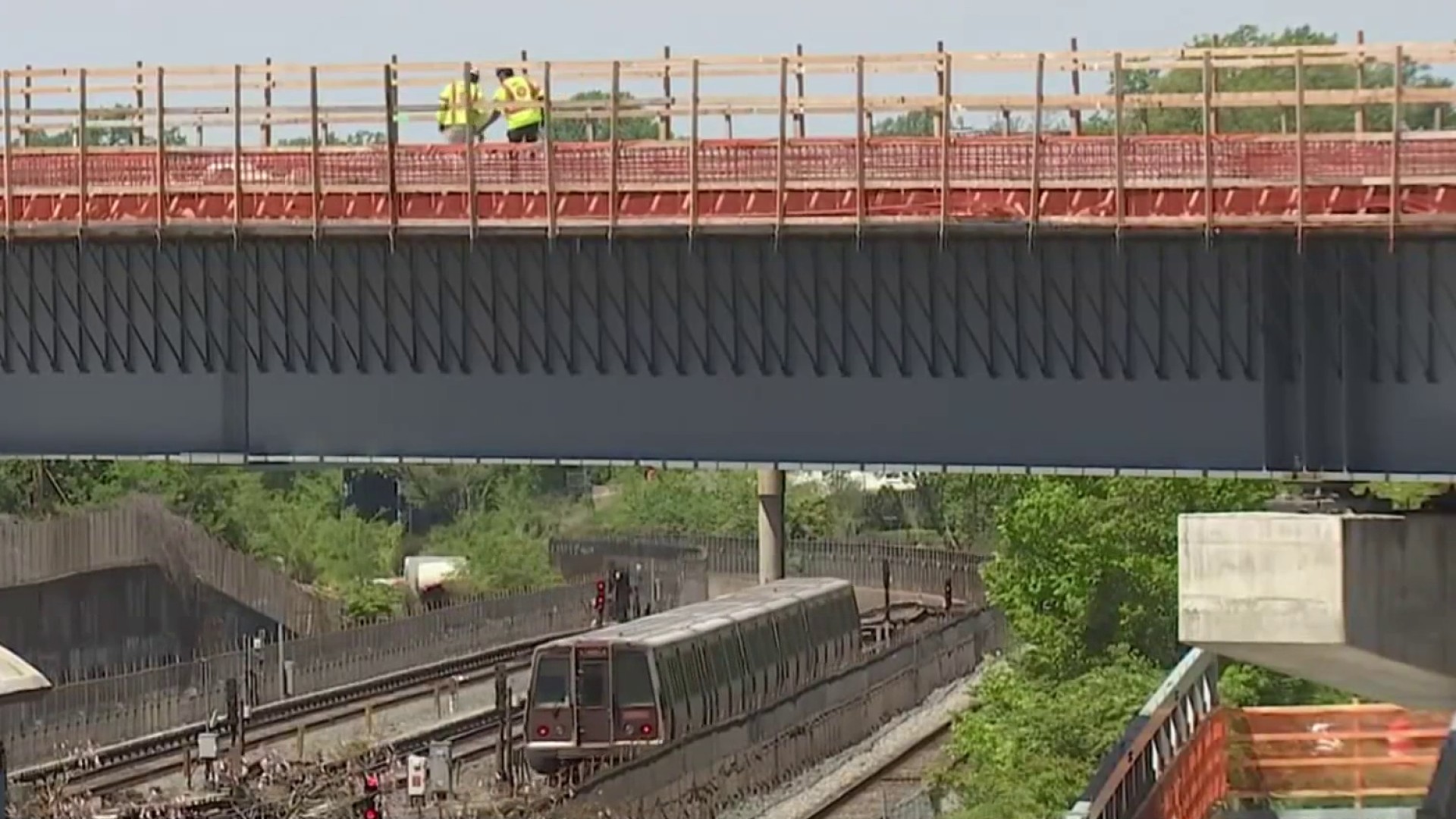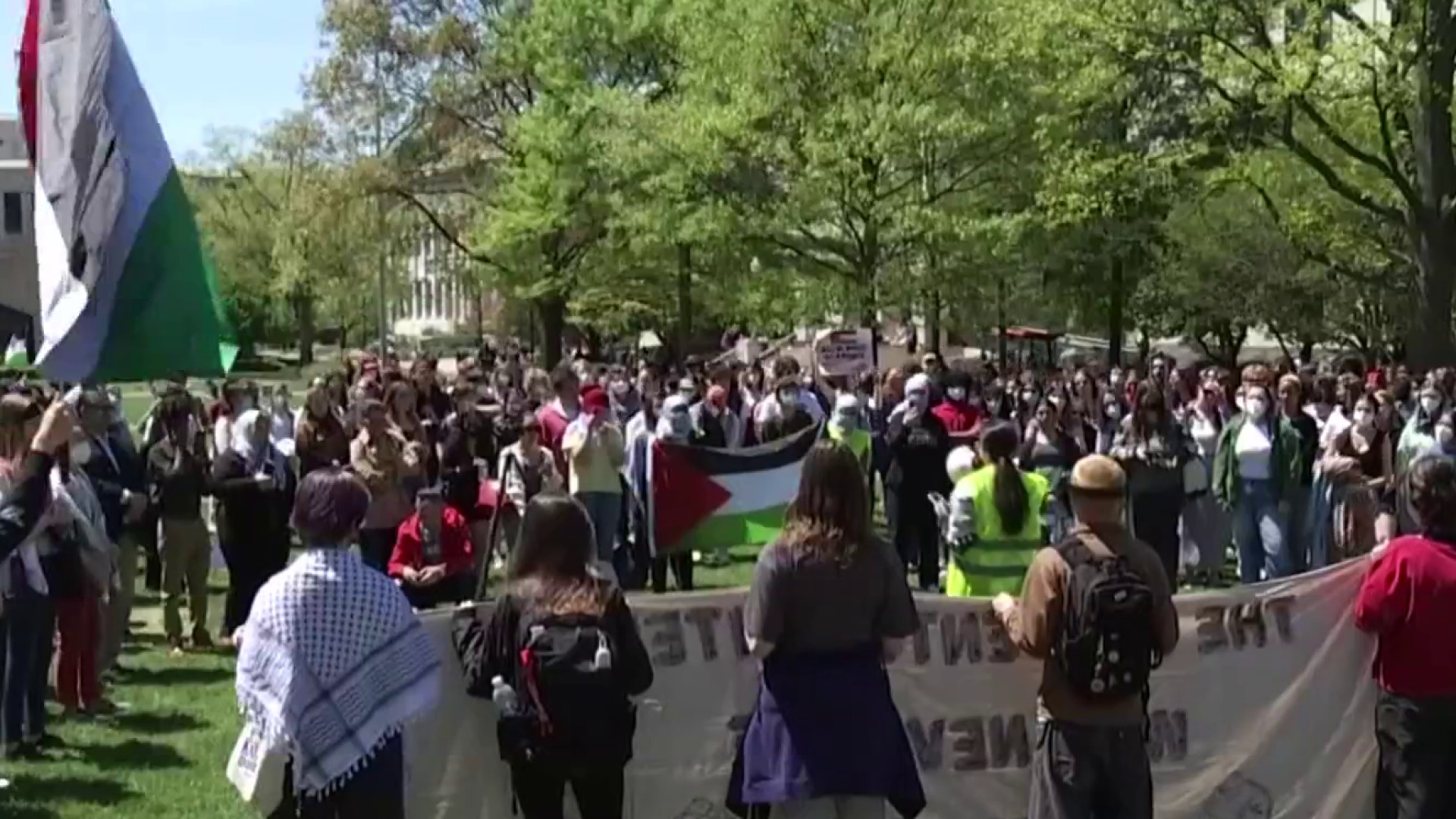DC Water board members have now begun the task of re-evaluating the fairness of growing fees. The action comes after a News4 I-Team investigation revealed some customers who are unable to pay skyrocketing water bills.
This was the first time DC Water's rate committee met since a News4 I-Team investigation exposed questions about the fee structure for the Clean Rivers program. It charges customers based on their square footage of property that can't absorb water, like sidewalks, rooftops or parking areas.
The fees have increased exponentially since the program began in 2009, and on Tuesday the board disclosed those fees will double again by 2026.
Board member David Franco expressed concern.
"The rate payers are already feeling the pain today and next year there's a 13 percent increase," said Franco. "We probably need to start thinking outside the box in how we manage the capital improvement programs and maybe reconsider some of the things we're doing."
The fees are funding a $2.6 billion project to construct large tunnels to stop sewage and stormwater from overflowing into our rivers, a move required by the federal government.
On Tuesday, the board heard suggestions from a consultant who reviewed ideas from similar water systems around the country. He was tasked with exploring options to ease the burden on customers who can't afford to pay.
Local
Washington, D.C., Maryland and Virginia local news, events and information
Some of the ideas mentioned include increasing credits for stormwater reduction efforts, offering exemptions for all or part of certain types of properties, or offering discounts for certain groups of customers, like churches and other non-profits.
In a series of reports last month, the I-Team revealed how the District's faith community has paid more than $11 million just for that fee; many say they'll have to cut community programs to afford their water bills.
"Since we're paying for it, you would think that we would have a little more say, a little more idea of what's going to take place in the future," said Pastor Jesse Richardson, Jr. "And to hear that the fees were going to double in the next couple of years just blew my mind."
D.C.'s most historic cemetery, St. Paul's Rock Creek, said it could have to shut down if there isn't some relief.
Director of Operations Cecily Thorne has researched exemptions offered to help cemeteries in other cities like Baltimore and Philadelphia. But the consultant failed to even mention those to the rates committee, despite new D.C. Council legislation recently introduced to ease what cemeteries pay.
"And that was completely missing from his slides," said Thorne. "I guess that would lead the rate board to believe there doesn't exist exemptions for cemeteries. It kind of calls into question what information is the D.C. rate board getting from their own consultant."
More than a dozen representatives from various churches and the Archdiocese of Washington showed up at Tuesday's meeting but were disappointed they were not allowed to participate. They are hoping the board can somehow disperse the cost for the project across the region.
"A comprehensive solution should be arrived at especially when you consider that other jurisdictions share in the vitality of the river that we're trying to clean up here," said Craig Muckle, public policy manager for the Archdiocese of Washington.
D.C. Council will hold a public hearing on water rates on Friday at 9 a.m. at the Wilson Building. Speakers must sign up in advance; the deadline is 9 a.m. Thursday. Email abenjamin@dccouncil.us or call Aukima Benjamin, staff assistant to the Committee on Transportation and the Environment, at 202-724-8062.
Reported by Jodie Fleischer, produced by Rick Yarborough, and shot and edited by Jeff Piper.



